Since 2021, the House of European History has embarked on a museum-wide project that explores the issue of waste in Europe from a historical perspective and highlights its significance as a marker of social change. Alongside the preparation of a temporary exhibition on this subject, the museum brings together nine European museums active at local and national levels in the fields of natural history, ethnology, art and archaeology. Together, they explore how their collections, programmes and practices can become incentives for them to “talk trash” in a way that engages their audiences.
This Pan-European partnership resulted in the co-development of an online platform launched in early 2023 alongside the House of European History’s temporary exhibition in Brussels. In parallel, the partner museums implement a joint programme of activities for online and onsite audiences across Europe.
The partners explore the topic of waste from a transnational and transdisciplinary perspective under the following themes and objectives:
COLLECTIONS: Create connections between objects across countries and disciplines on the characteristics and meanings of waste.
STORIES: Focus on people by interviewing communities across Europe to understand their relationship with waste.
ECOSYSTEMS: Share knowledge and raise awareness about the presence and impact of waste on our surroundings.
NETWORKS OF TRASH: Connect knowledge and practices on waste management from different languages, regions, disciplines and communities.
THE ACTIVIST MUSEUM: Place sustainability at the core of museum work, by sharing best practices and exchanging resources.
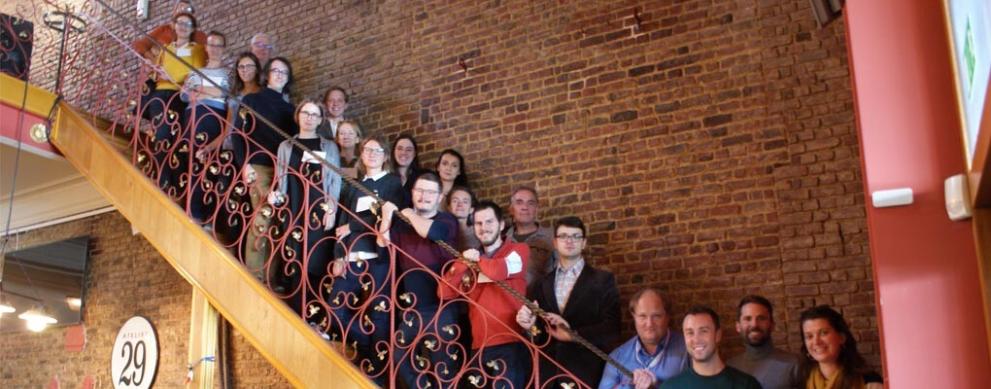
Partners involved
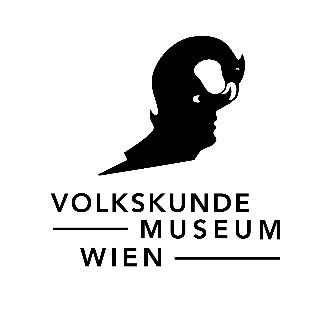
Austrian Museum of Folk Life and Folk Art (Vienna, Austria)

Estonian National Museum (Tartu, Estonia)
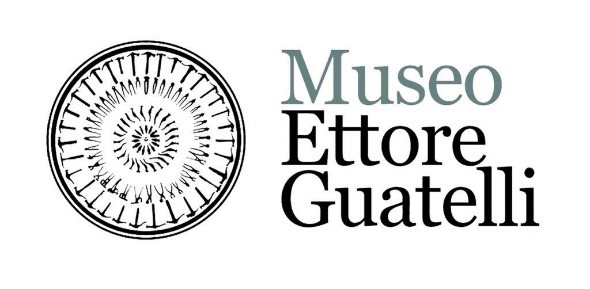
Ettore Guatelli Museum Foundation (Ozzano Taro, Italy)

Museum of European Cultures - National Museums in Berlin (Germany)

Celje Museum of Recent History (Celje, Slovenia)
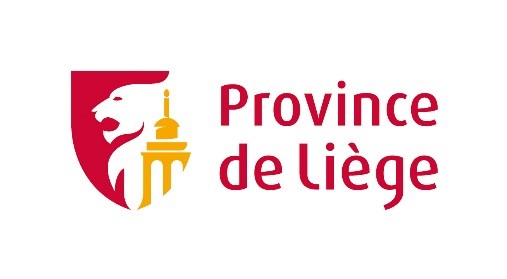
Museum of Walloon Life - Province of Liège (Belgium)

National Museum of the Romanian Peasant (Bucharest, Romania)
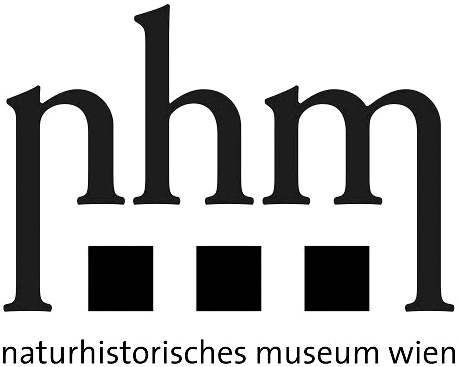
Museum of Natural History Vienna (Austria)
